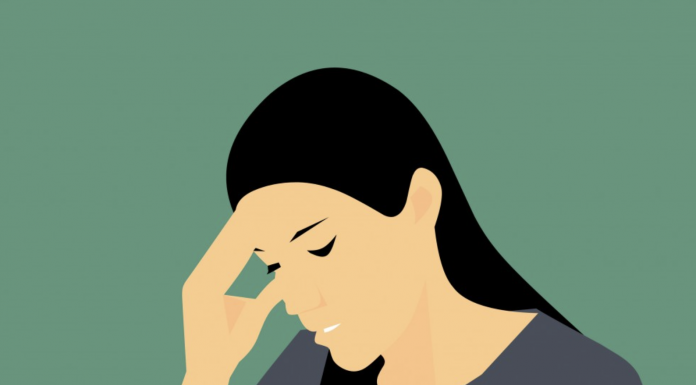SciTechDaily – New research suggests that when vitamin D levels drop low enough, depression becomes more common, but not in a simple, one-directional way.
A large new review finds that adults with lower vitamin D levels are more likely to have depression.
The work, published in Biomolecules and Biomedicine, also makes clear that this pattern does not yet prove that low vitamin D causes depression.
Depression affects about 5% of adults worldwide and is expected to become the leading cause of disease burden by 2030. Standard antidepressants help many people but, on average, provide only “small to moderate” effects, which has kept interest high in safe, modifiable factors like vitamin D.
From a biological perspective, the connection makes sense.
Vitamin D receptors are abundant in mood-relevant brain regions, including the hypothalamus and pons.
Its active form, 1,25-dihydroxy-vitamin D, supports healthy brain signaling, calms neuro-inflammation, limits oxidative stress, and helps keep intracellular calcium in balance, all pathways that have long been tied to depression.
How the Review Was Conducted
The team examined 66 observational studies from 31 countries, selected from 8,052 records in PubMed/MEDLINE, Scopus, and Web of Science up to 30 April 2023.
Because the studies used different vitamin D tests and many different depression scales and diagnostic tools, the researchers produced a narrative synthesis rather than a pooled meta-analysis. Study quality was rated using the MMAT and MINORS tools.
Across 46 cross-sectional studies in the new review, lower 25(OH)D levels reliably tracked with higher depressive symptom scores or a diagnosis of depression. The threshold around 25(OH)D ≤ 30 nmol/L most often aligned with higher depression rates.
Case-control studies reported that people with current or remitted major depressive disorder were more likely to have insufficient or deficient vitamin D than healthy controls, and lower levels typically accompanied more severe symptoms …
SHOULD YOU TAKE ANTIDEPRESSANTS?
Your Medication Might Be Giving You Nightmares
Antidepressant Withdrawal Is a Major Public Health Issue, Experts Warn Health
6 Common Depression Traps to Avoid: WEBMD



